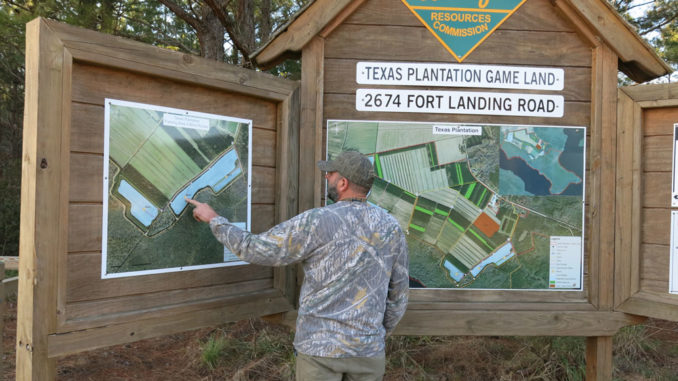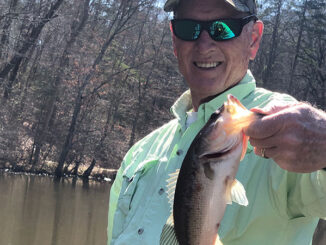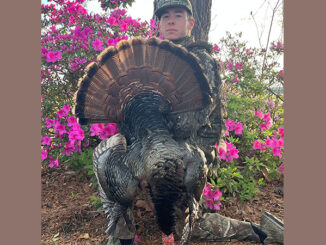
Carolinas boast more than 3 million acres in game lands, WMA management programs
Deer hunting and habitat-management activities can go hand in hand, but not every hunter gets the opportunity to own land or lease land and practice land-manipulation techniques.
Luckily, hunters don’t have to own or lease land to be able to harvest a deer, and frankly, private-land opportunities are shrinking every day.
Urban and suburban sprawl continues to gobble up wildlife habitat and hunting opportunities on privately held properties. Fortunately, through industry tax-sheltered appropriations and public-land purchases, private land is steadily being deeded over to agencies and conservation organizations and becoming available. Hunters across both Carolinas should consider public-land options, because most of these public parcels are underused.
Private land available for hunting is becoming more limited, with land conversion to suburban development growing fast. And the price of hunting leases and recreational real estate continues to skyrocket, further handicapping an average hunter’s opportunity to take a deer.
Public hunting opportunities are overflowing in every corner of North Carolina and South Carolina. Out of North Carolina’s 33.7 million areas, more than two million acres are part of the game lands system, and South Carolina hunters have more than one million acres of public land to hunt.
The U.S. Fish and Wildlife Service reports that 25 percent of America’s hunters use public land, but the statistics for the Carolinas tell a different story.
Public land is underused in the Carolinas, because many hunters prefer to have security and a little more control over their wildlife-management and land-management activities. There is nothing wrong with hunting on private land through a lease or hunt club. In fact, hunting on private land gives hunters the opportunity to make significant changes to the landscape in the form of food plots, nutritional supplements, and permanent stand erection.
Fortunately, most public properties are enrolled in a wildlife- and habitat-management plan in which the N.C. Wildlife Resources Commission or S.C. Department of Natural Resources conduct land-management activities on a regular basis to promote habitat and sustainable wildlife populations. In some cases on certain public parcels, the agencies will even establish harvest and hunting restrictions to promote quality deer management and bigger bucks.
For instance, in South Carolina, the Santee WMA and Liberty Hill WMA both have quality deer management restrictions; harvested bucks must have four points on one side and a 12-inch inside spread.
However, public parcels do have their access challenges for some. Most of the interior access roads are closed to vehicles, but closed gates create more opportunities for the adventurous and dedicated hunter. Limiting access can boost the odds of taking a mature animal. Highly accessible tracts will receive a substantial level of hunting pressure around the edges, pushing deer into the interior of the tracts. Traveling to remote areas, off the beaten path, will help hunters find mature animals seeking refuge away from public right-of-ways.
The bottom line is, public hunting grounds are wonderful places to harvest deer — and good deer at that. Less pressure on a public hunting property can allow bucks to grow a few extra years to maturity, creating true wall-hangers.
Without the need for expensive private-land leases and hunt-club memberships, North Carolina hunters who hold a $15 Game Lands license or South Carolina hunters with a $30.50 WMA permit will gain access to the three million acres of deer habitat. Virtually every county and wildlife district or zone has public land set aside for hunting. With only one deer killed per 300 acres of public land, hunters should have ample opportunity to take a deer on one of the many public-hunting areas in the Carolinas.
For a complete list of all available public hunting properties with aerial maps, in North Carolina visit www.ncwildlife.org/Hunting/Where-to-Hunt/Public-Places, and in South Carolina visit www.dnr.sc.gov/wma/.





Be the first to comment